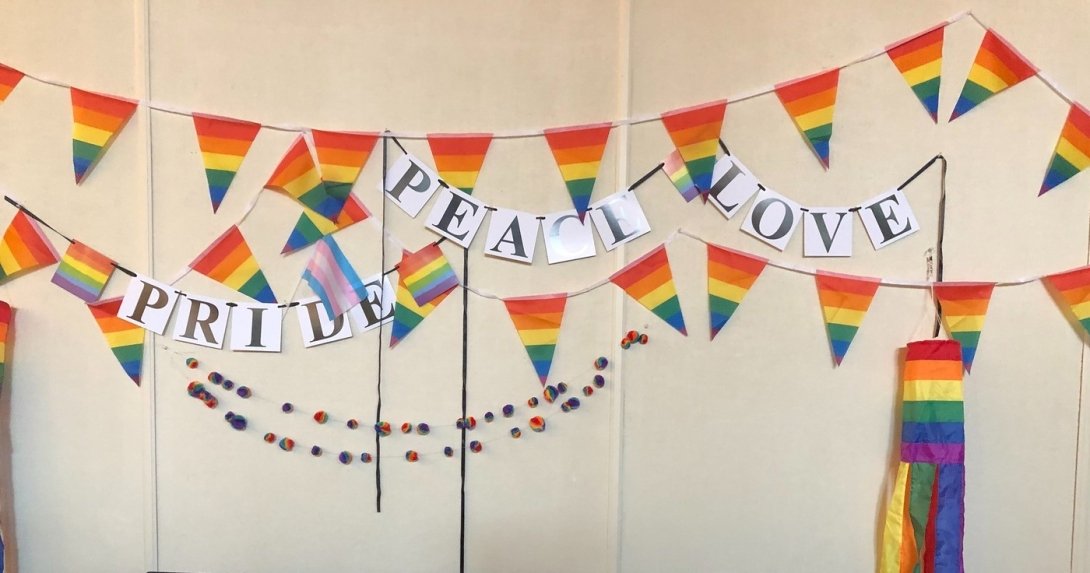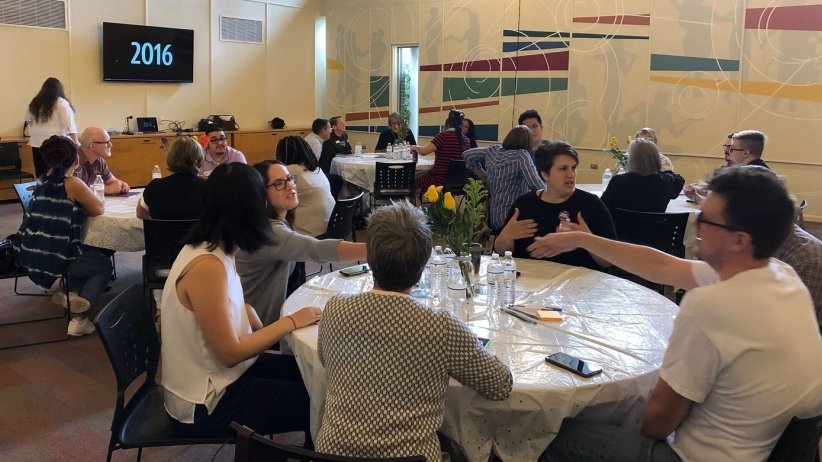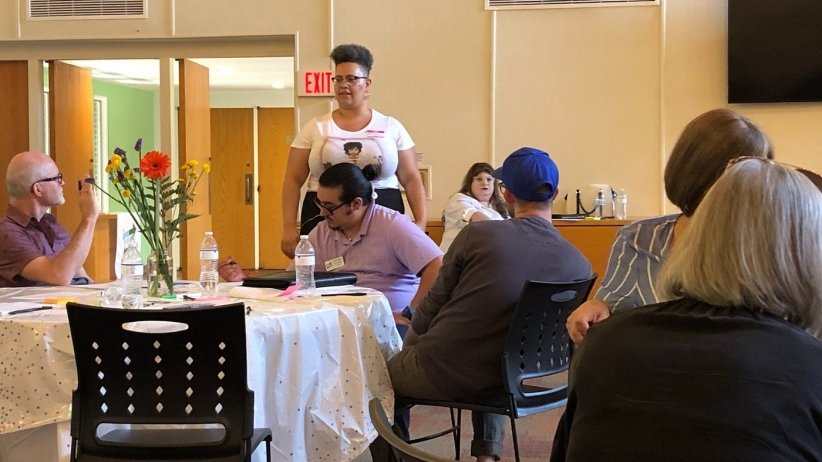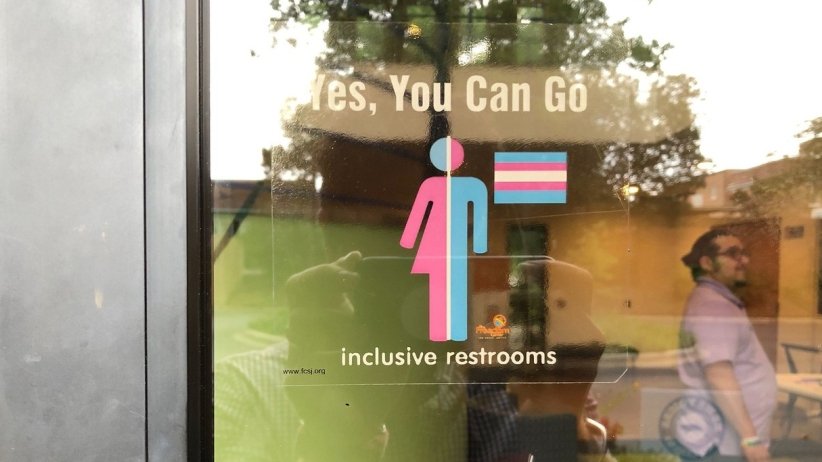How Journalists Can Reflect the Full Gender Spectrum

Earlier this year, the Charlotte Observer published a five-part series about the pregnancy of Liam Johns, a Transgender man living in Charlotte.
The series highlighted the need for deeper conversation and representation across the gender spectrum. And organizing events to transform journalism is one of the things News Voices does best.
Just after publishing the story, Observer journalists reached out to us to figure out how we could bring more community members into this conversation.
To do that, we brought on a variety of partners serving the TLGBQ+ community, including Atrium Health, Charlotte Pride, Connie J. Vetter Law, Essentials for Life Ministries, Freedom Center for Social Justice, PFLAG Charlotte, qnotes, Time Out Youth Center and Transcend Charlotte. The group worked together to craft a gathering that would meet the needs of both the newsroom and local communities.
And on Aug. 10, at the Unitarian Universalist Church of Charlotte, we did just that.
A group of about 40 people gathered. The room ranged across ages, races and community roles, but was comprised mostly of Transgender and gender-nonconforming people. There were also some parents and relatives of Queer and Transgender people, as well as journalists and community members outside of those identities — all looking to be in community with one another.
During our time together, we screened the mini-documentary #TeamPregnantDad and two of our partners shared stories about being older Transgender people who only began living as their whole selves later in life.
Observer Executive Editor Sherry Chisenhall shared her motivation for participating in this kind of conversation-oriented community engagement: “We can’t tell the story of our whole community if we’re not engaged with our community.”
Following the film and storytelling, everyone engaged in dialogue guided by these questions:
-
What stories need to be told in local news to better show the full gender spectrum in Charlotte?
-
What information do Transgender and gender-nonconforming people need to navigate Charlotte safely?
-
What information do cisgender people need to support and build power with Transgender and gender-nonconforming people?
-
Is there a rule, law or policy that’s made it harder for Transgender and gender-nonconforming people to live in Charlotte?
-
Are there places you know of other than Charlotte that are doing a better job creating space for Transgender and gender-nonconforming people? What are they doing differently?
-
Is there anything else you want from local news regarding gender?
Participants raised very specific actions newsrooms need to take:
-
Share pronouns for reporters as well as people they’re covering regardless of the person’s gender.
-
Trust the names that people’s chosen families and communities have for them, even if and when it differs from what appears in “official reports.”
-
Practice nuance when you talk about “women’s issues” to make sure you’re including women across the gender spectrum.
-
Offer resources or community-building spaces alongside stories.
In addition to lifting up those needs, people in the room shared that, overwhelmingly, they don’t just want stories of pain, crime and death when it comes to Transgender people. Transgender and gender-nonconforming people also need and want stories about inspiration, what Transgender people are doing outside of Transgender communities, and what creativity and resilience look like outside the gender binary.
Balancing between a variety of these things all at once will take journalism beyond a bare minimum of decency to a field that truly amplifies, uplifts and serves people across the gender spectrum.


